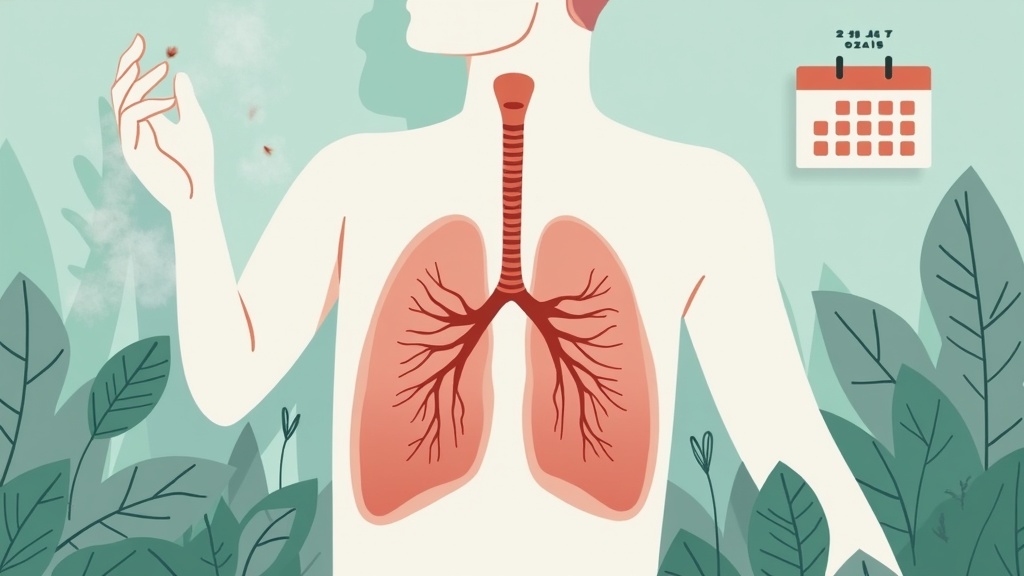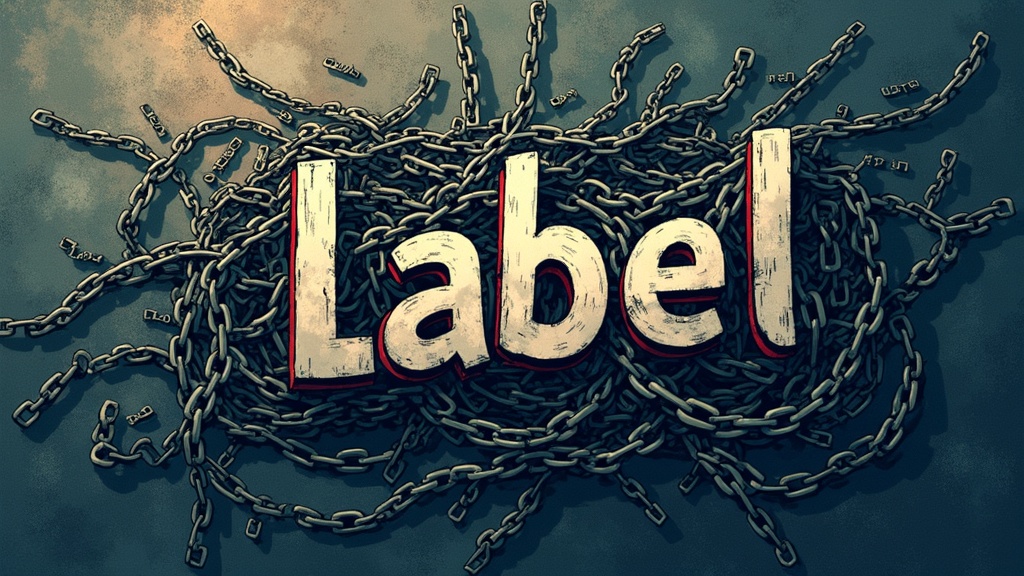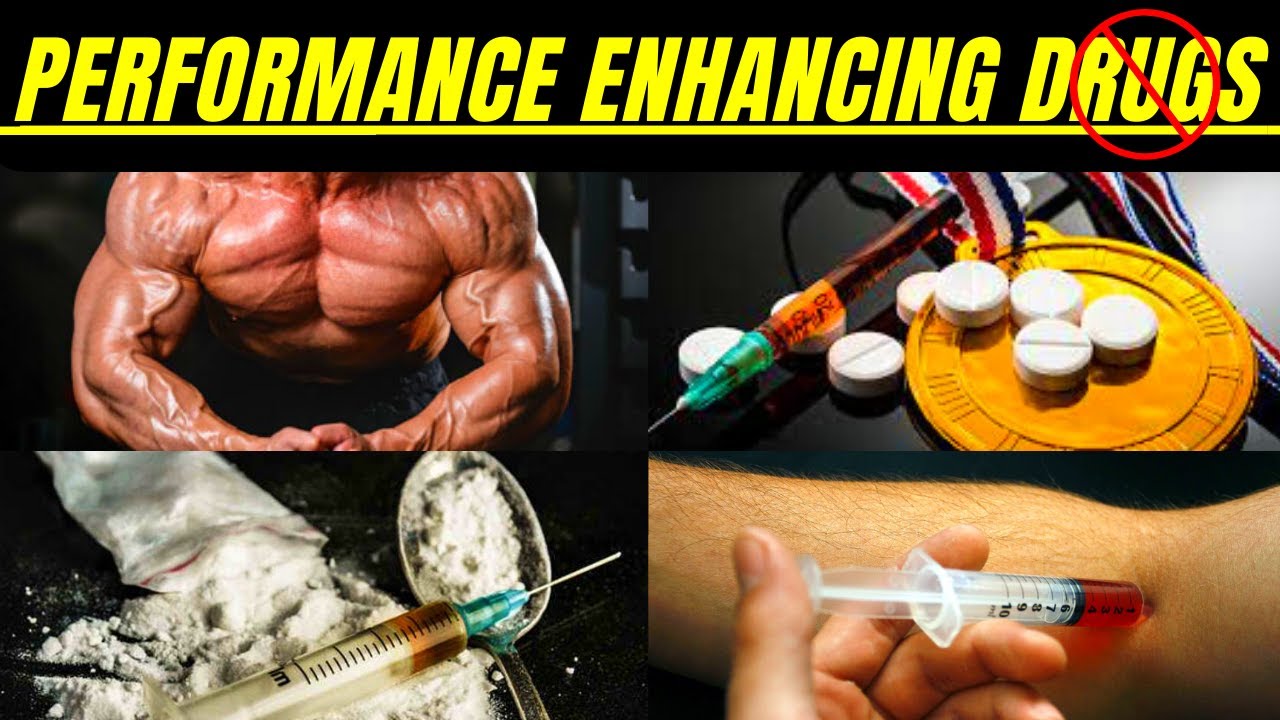Stem Cells in Addiction Recovery
Stem cell research has long captured attention, especially in areas like injury repair, degenerative diseases, and regenerative medicine. Recently, the potential for stem cells to support addiction recovery is gaining traction among scientists, clinicians, and the general public. Addiction to drugs and alcohol is a complex challenge, and researchers are constantly exploring new ways to … Read more









